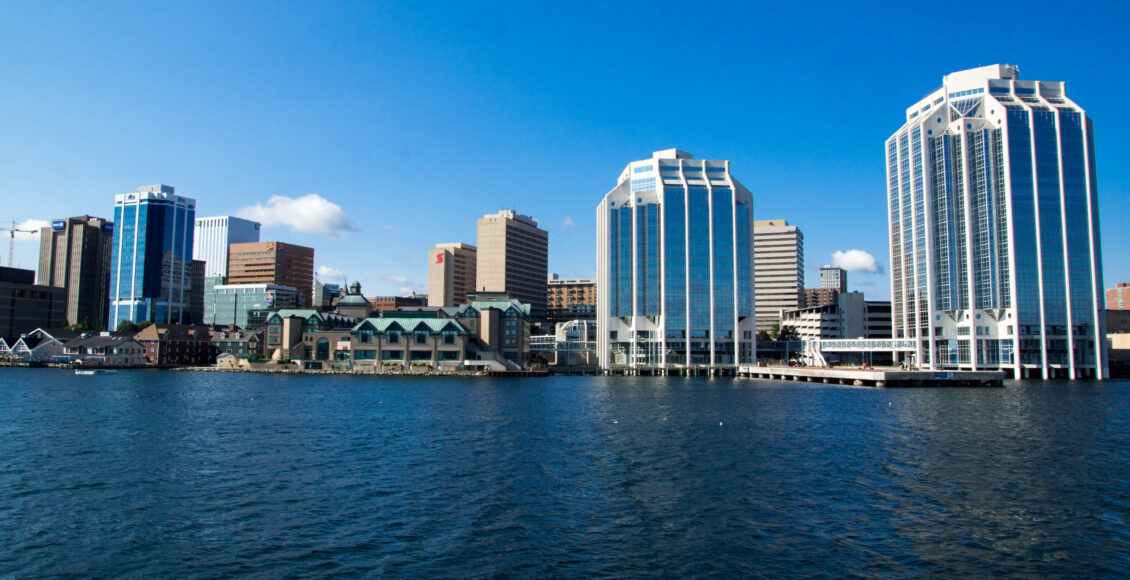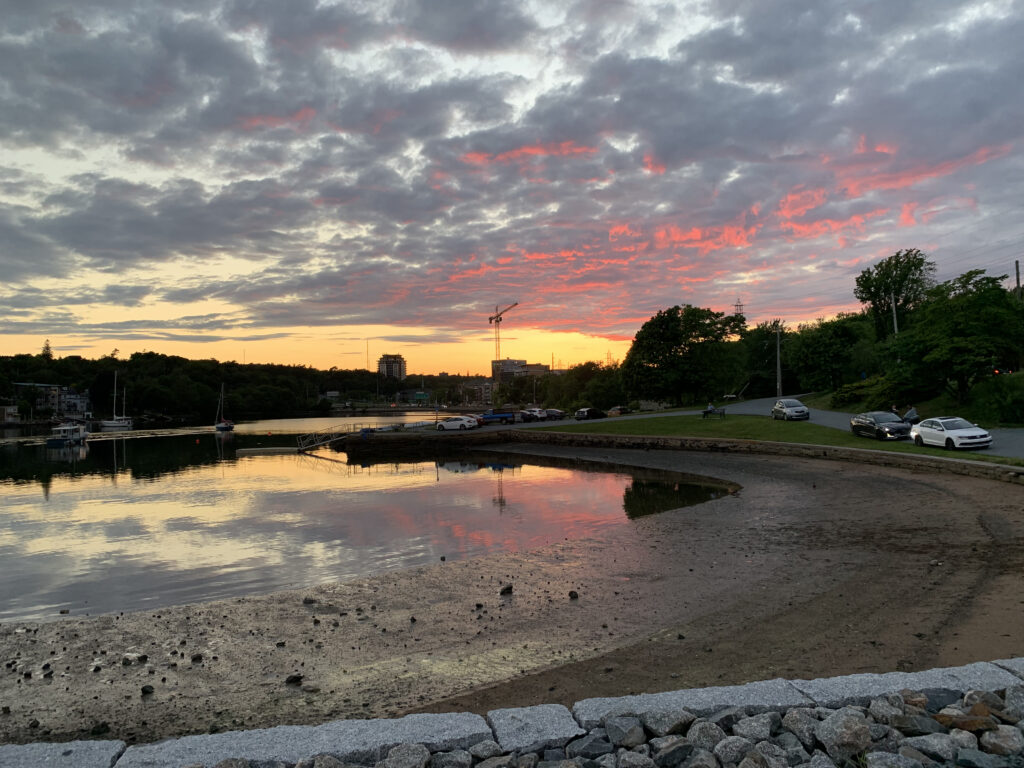Home Is Where the Heart Is: When and Why Do We Embrace Our Culture?

I have always loved my hometown of Halifax, Nova Scotia. I’ll never eat seafood in Montreal, either out of fear over its quality or as a moral stand against eating fish not freshly caught by one of my fellow Maritimers. If I am watching hockey, I always point out the Nova Scotian players on the ice, to the consistent annoyance of my roommates. When I am (infrequently) given the right to play music at our apartment, one can expect some sea shanties or Joel Plaskett songs sprinkled in. My friends make fun of the way bagel (bah-gull) is pronounced with a Nova Scotian accent, but this just emboldens me to say it even more pointedly.
After moving to Montreal, I found myself leaning further into my identity as a Maritimer. Before coming here, I rarely listened to local Haligonian music, I barely knew any famous Nova Scotians, and I wouldn’t even bat an eye seeing someone wear a Halifax Mooseheads hockey team shirt. I have expressed significantly more of the characteristics associated with my home since leaving it.
Maybe this is an expression of homesickness: leaning into my home culture to feel safer in a new location. This theory is probably at least partially true, but homesickness is most often transient. It is acute at a point of departure but wanes over time as memories of home fade and new experiences fill our minds. The feeling I am experiencing does not recede; it is a consistent change in personal identity. Homesickness is often associated with negative feelings of longing – something missing from your life. But while I miss my family, I don’t long for home in the way the term “homesick” implies.

Perhaps it is an expression of pride. I am proud of my hometown. Whenever I suggest to friends that they should visit Nova Scotia, I genuinely mean it. However, that pride has become stronger since I have been away. It is difficult to appreciate the value of one’s home when they are no longer trapped there. I was effectively stuck in Halifax for a year, an experience shared by many during the COVID-19 pandemic. While I enjoyed that time with family, there was a sometimes intense fear of missing out – on the college experience, on a new city, and on new friends. This feeling, combined with the mundanity of living in the same city for nineteen-and-a-half years, made it difficult to appreciate my hometown and its culture. When one is gone from their home, perhaps they can appreciate its qualities. This could also explain why, when I return home for holidays, the heightened expression of culture persists; after leaving home once, the new perspective can persist even when one returns. I spoke to two friends with stories more interesting than merely moving between Canadian cities to test this hypothesis.
The first of the two moved from India to the United Arab Emirates at a young age before going to London for university. Their story offers an interesting case study because they had to return home in the middle of their degree due to COVID-19 and only returned to London in the fall of 2021. If my hypothesis is correct, they should testify to experiencing a greater expression of culture after their time in London. This would include when they returned home in the interim period, as was my experience. But their case disproved my theory; indeed, my friend describes a nearly opposite feeling. When with friends of their own culture in London, their experience was fairly consistent with their time at home: they would listen to Indian music, speak in Hindi, and watch movies from home (cooking was a bit too much of an effort).
In contrast with my brazen expression of maritime culture, my friend found that they were not comfortable expressing their home identity with those from outside of their culture. Moreover, when they returned home, they did not over-express their home culture as I found myself doing when I returned for holidays; their parents even noted a change in their accent to be “more British.” Part of this might be due to the context of their return – leaving the metropolis of London to return to a much more conservative city might be a bit of a shock. Regardless, my friend’s experience made me check my privileged understanding of the phenomenon of cultural expression.
Another friend described to me their experience of splitting their childhood between Canada and the United States. They attest to a strange feeling of cultural expression: at times, they lived in Canada and felt American, but when they lived in America, they felt Canadian. Cultural characteristics seemed to express themselves differently depending on context. I know them as a Trader Joe’s loving San Antonio Spurs fan, while their American friends know them as an ocean-loving and poutine-touting Canuck. This unique experience also contradicts my analysis of my own experience – I found that after leaving home for the first time, I had a consistent experience of heightened cultural expression even when I returned home. In contrast, this friend described a shift depending on context.

This discussion of a small set of personal experiences is not an exhaustive study. However, I think it speaks to a great idiosyncrasy in how we each relate to culture. Countless factors colour in the picture of our cultural identity. Do we opt into living in our hometown, or are we forced there by circumstances like a pandemic? Do we connect to one place, or do we lay our roots in a patchwork of cities? Do we find comfort in the expression of culture, or is it a source of anxiety when amongst people we don’t think will understand? Do we associate happy or sad experiences with our home town, on balance? The answers to these questions might form a patchwork of a theory of why we express culture, and there might be countless other more important variables I am missing. All I know is, when I eat my bah-gull in the morning, I think of home.
Featured image: “Halifax,” by Patrick Imbeau, is licensed under CC BY-NC-SA 2.0.
Edited by Chino Ramirez
